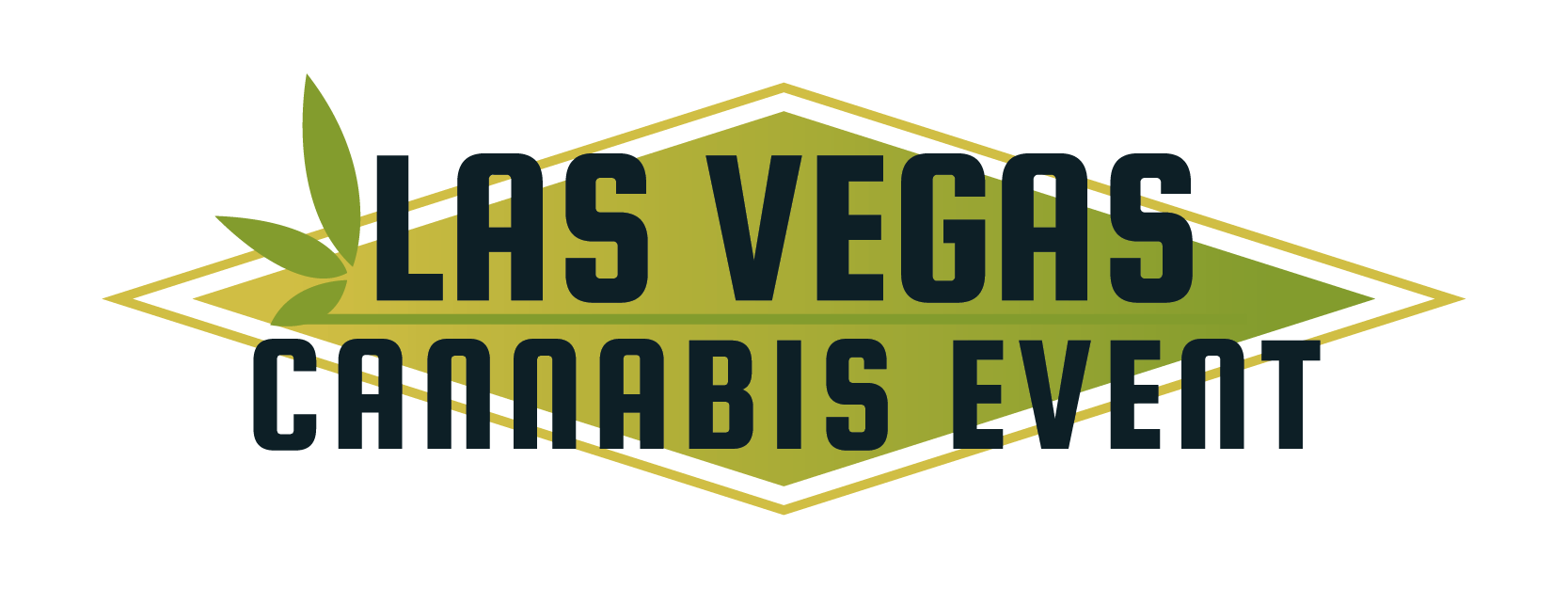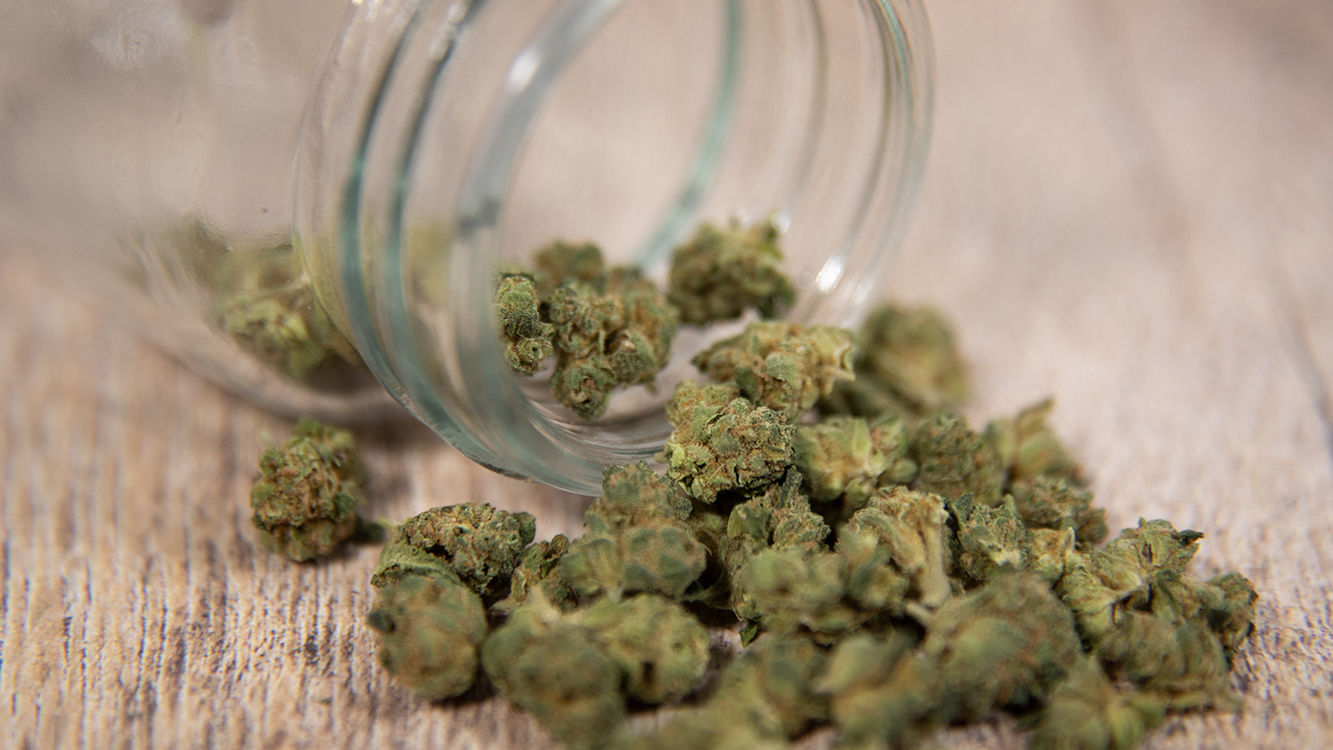Cannabis remains illegal for recreational and medical use in Japan under the 1948 Cannabis Control Law, one of the strictest regulatory systems in the world. Possession or cultivation can lead to years of imprisonment; ironically, consumption alone is not explicitly prohibited—a quirk of the original legislation meant to spare hemp farmers from accidental inhalation penalties. READ MORE: TIME, Wikipedia
Despite growing CBD commerce—imported stalk-derived CBD is widely sold—public policy remains rigid. Medical cannabis has only recently gained legislative traction: a 2023 House of Councillors vote approved medical only after long resistance, with implementation timelines yet to be finalized.
The Gateway Drug Myth: Japan’s Latest Study
Government‑backed Research Disputes Gateway Theory
A recent much‑cited Japanese study published in Neuropsychopharmacology Reports analyzed survey data from 3,900 community-based cannabis users in January 2021. READ MORE: PubMed. Funded by the Ministry of Health, Labour and Welfare and the Japanese Clinical Association of Cannabinoids, the study is one of the largest formal examinations within Japan of cannabis use trajectories. READ MORE: Marijuana Moment
Key findings include:
- In Japan, cannabis use generally follows alcohol and tobacco—not the reverse.
- The odds of progression from cannabis to methamphetamine or other illicit drugs were very low (odds ratios: ~0.08 for methamphetamine; ~0.78 for other illicit substances).
- Nearly 50% of individuals who listed cannabis as their third substance did not go on to use any other drug. LEARN MORE ABOUT: European Medical Journal
Common Liability Over Causation
Researchers concluded that the “gateway effect” is unsupported in Japan’s context. Instead, they argue that shared psychosocial factors—like age, education, socioeconomic background—drive progression, not cannabis itself. The strict enforcement environment may also channel all substances through the same black-market networks, increasing overlap without proving causation.
Global Perspective: Gateway Theory Under Debate
The Japanese data aligns with broader international skepticism:
- A 2018 review by the National Institute of Justice found that while associations exist, causation is unproven and studies had mixed results. READ MORE: Wikipedia
- Analyses of longitudinal data, such as twin studies, show that environmental and genetic factors often explain drug progression better than cannabis use itself. READ MORE: Wikipedia
- Even in Japan, where illicit drug use remains low, higher exposure of cannabis users to other substances appears more related to common trafficking channels, not pharmacological impact.
Japan’s Legal Environment & Misconceptions
Regulation and Stigma
Japan’s Cannabis Control Law bans possession, cultivation, import/export, and research—but notably does not criminalize cannabis consumption alone, a legacy of protecting hemp farmers. READ MORE: Wikipedia
As of 2025, medical cannabis is moving forward, but recreational legalization remains politically unlikely. Public stigma persists, and cannabis is framed negatively in public health messaging as inherently harmful. READ MORE: High Times
Despite legalization in many Western countries, Japanese usage remains low—just 1.8% lifetime use as of 2019, compared to ~44% in the U.S. and Canada.
Implications of the New Findings
- No pharmacological gateway: In the Japanese context, cannabis does not lead to harder drugs in predictable fashion—contradicting one of the biggest arguments against legalization.
- Policy reframing: Given the scientific evidence, policymakers could refocus on harm reduction, regulation, and medical access rather than punitive prohibition.
- Public perception: Japanese cannabis advocates, including academic and NGO voices, may use these findings to challenge entrenched stigma and push for rational reform.
- Global relevance: Japan’s strict enforcement makes it an interesting test case. If cannabis doesn’t serve as a stepping stone even under prohibition, it suggests gateway narratives are likely overstated elsewhere.
Summary Table
| Category | Summary |
|---|---|
| Cannabis Laws in Japan | Illegal to grow, possess, sell; consumption itself not penalized; medical legislation passed in 2023 but implementation pending |
| New Japanese Study (2025) | Survey of 3,900 users; cannabis use generally follows alcohol/tobacco; no causal link to meth or other illicit drugs |
| Gateway Drug Hypothesis | Reconstruction via empirical data shows weak causal chain; other factors like social context better explain use patterns |
| Policy Impact | Data undermines traditional anti-cannabis arguments and supports rational regulation or medical access |
| CBD & Hemp | CBD legal if THC-free; industrial hemp allowed under strict licensing; synthetic cannabinoids more common given THC prohibition |
Final Thoughts
Japan’s recent research represents among the strongest empirical challenges to the long-held belief that cannabis is a gateway drug. With a nationally representative survey and government support, the findings prompt reevaluation of drug policy—even in one of the world’s most prohibitionist regimes.
As Japanese legislators contemplate medical cannabis reform, these insights could help shift public discourse away from fear-based narratives to evidence-based policy making. Ultimately, the study suggests that shared social factors—not cannabis itself—are the root of progression to other drug use. Japan’s experience may hold lessons for countries worldwide charting the future of cannabis law.

